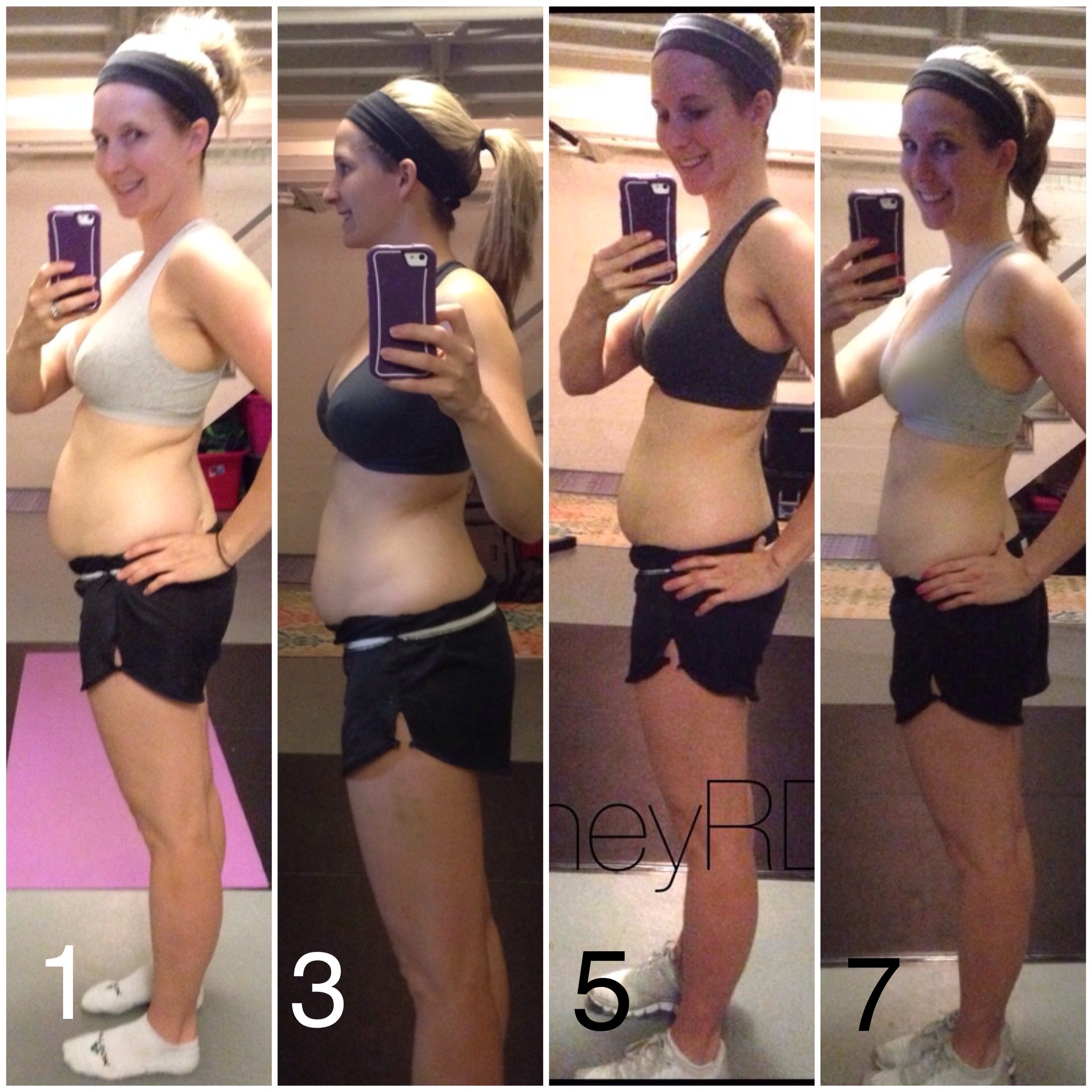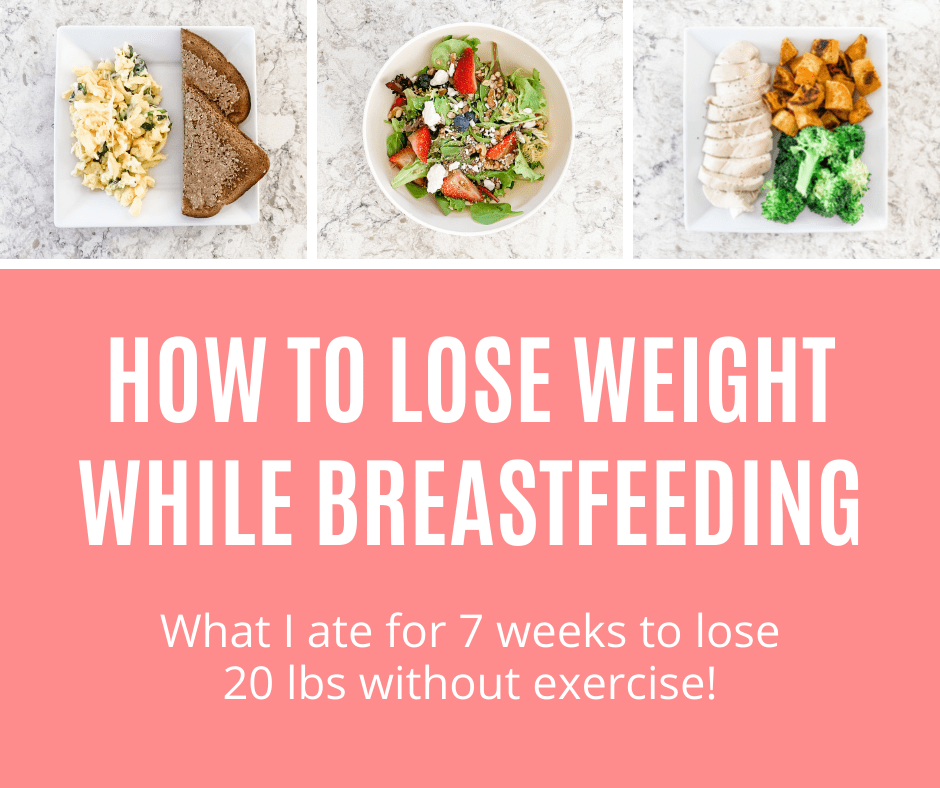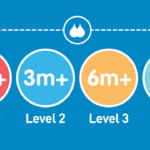Losing weight while breastfeeding can be challenging. Many new mothers wonder why.
The answer lies in a mix of hormones, nutrition, and lifestyle changes. Breastfeeding is a beautiful journey, but it can also be demanding. Your body is nourishing your baby, and this requires energy. Hormones play a big role too. They can influence how your body stores and uses fat.
Plus, sleepless nights and stress can affect your weight. It’s important to eat enough to keep up your energy. But making healthy choices is key. You might not see the scale move right away, and that’s okay. Understanding these factors can help you navigate this phase with more ease. Let’s explore the reasons behind the weight-loss puzzle while breastfeeding.

Credit: blackleaves.com.au
Breastfeeding And Weight Loss Myths
Breastfeeding often gets linked to quick weight loss, but this isn’t always true. Many mothers find it hard to shed pounds due to hormonal changes, increased appetite, and lifestyle adjustments. Healthy eating and moderate exercise can help, but patience is key.
Breastfeeding often comes with a mix of emotions and challenges, especially when it comes to weight loss. Many new moms are surprised to find that shedding pounds isn’t as straightforward as they thought. It’s easy to fall for myths that promise quick results. But understanding the truth behind these myths can help you set realistic expectations and make informed choices.Common Misconceptions
You might have heard that breastfeeding magically melts away pregnancy weight. This belief can create frustration when the scale doesn’t budge.While breastfeeding does burn calories, it’s not a guaranteed weight loss solution. Each woman’s body responds differently. Some may lose weight, while others might stay the same or even gain.It’s crucial to recognize that your body is still adjusting post-pregnancy. Expecting immediate results can lead to unnecessary stress.Truth About Calorie Burn
Breastfeeding does increase your calorie expenditure. You burn about 300-500 extra calories a day. However, this doesn’t always translate to weight loss.Consider what you’re consuming. If you’re eating more to compensate for breastfeeding fatigue or hunger, those extra calories might negate the ones you’re burning.Also, your body’s metabolism is unique. What worked for your friend might not work for you. It’s all about balance and understanding your body’s signals.Remember the importance of patience. Weight loss is a journey, not a sprint. Celebrate small victories and focus on overall well-being.Have you ever felt pressured by these myths? What did you do to overcome them? Your story might inspire other moms facing similar challenges.Nutritional Needs During Breastfeeding
Breastfeeding mothers often find it hard to lose weight. The body needs extra calories to produce milk. These calories help in maintaining energy levels, which can slow down weight loss efforts.
Breastfeeding is a unique journey that impacts your body in numerous ways. It’s not just about feeding your baby; it’s also about meeting your own nutritional needs. Many new mothers wonder why they can’t lose weight during this period. Understanding the nutritional demands of breastfeeding can shed some light on this common concern.Caloric Requirements
Breastfeeding requires energy. You might be surprised to know that your body needs extra calories to produce milk.On average, breastfeeding mothers need an additional 300 to 500 calories per day. This is roughly equivalent to a healthy snack or a small meal.But remember, not all calories are created equal. Quality matters more than quantity. Choose nutrient-dense foods to fuel your body efficiently.Essential Nutrients
While calories are important, essential nutrients are crucial. Your body needs a variety of vitamins and minerals to support both you and your baby’s health.Think of nutrients like calcium and vitamin D. They help maintain your bone health, especially since breastfeeding can temporarily decrease bone density.Iron is another key player. It combats fatigue and supports energy levels, which is essential when juggling motherhood.Have you ever noticed feeling more tired than usual? This could be a sign that your nutritional needs aren’t being fully met.Consider integrating a range of colorful fruits, vegetables, lean proteins, and whole grains into your meals. They provide a broad spectrum of nutrients that are vital for you and your baby.By focusing on these nutritional aspects, you can support your health and potentially address weight concerns while breastfeeding. What changes will you make to your diet today?Hormonal Influence On Weight
Breastfeeding mothers often struggle to lose weight. Hormones play a major role. While breastfeeding, hormonal changes can affect weight retention and loss. Understanding these influences helps explain why shedding pounds might be challenging during this time.
Impact Of Prolactin
Prolactin is a key hormone in breastfeeding. It promotes milk production. High levels of prolactin can influence weight. This hormone may increase appetite. It signals the body to store more fat. This ensures energy is available for milk production. As prolactin levels rise, weight loss becomes difficult. Recognizing prolactin’s role helps in managing expectations.
Role Of Cortisol
Cortisol, the stress hormone, impacts weight. It can rise during breastfeeding due to fatigue and stress. Elevated cortisol levels can lead to weight gain. This hormone encourages the body to store fat. It also affects metabolism. Stressful situations trigger cortisol production. Managing stress can help in maintaining weight. Understanding cortisol’s role provides insight into postpartum weight challenges.
Balancing Diet And Milk Supply
Breastfeeding can make weight loss challenging due to increased calorie needs for milk production. Eating a balanced diet supports both energy levels and milk supply. Prioritizing nutrition helps ensure both mother and baby stay healthy during this period.
Balancing your diet while ensuring a healthy milk supply for your baby can feel like a juggling act. You might be wondering why the pounds aren’t dropping despite breastfeeding. It’s crucial to understand that your body needs extra calories to produce nourishing milk. This doesn’t mean weight loss is impossible; it requires a smart approach to managing diet and milk production.Safe Calorie Reduction
Reducing calories might seem like the fastest way to lose weight, but it’s essential to do it safely, especially when breastfeeding. Aim to cut only a few hundred calories a day.Make small changes like swapping sugary drinks for water and choosing healthier snacks. This can help you lose weight without affecting your milk supply.Listen to your body. Are you feeling overly tired or hungry? These might be signs that you’re cutting too many calories. Gradual changes often yield better results than drastic measures.Foods To Boost Milk Production
Certain foods are known to enhance milk production. Oats are a great example—they’re not only filling but also beneficial for milk supply.Leafy greens like spinach and kale are packed with nutrients that support both your health and lactation. Incorporating these into your meals can keep your milk supply robust.Consider snacks like almonds or a bowl of oatmeal topped with flaxseed. These choices are nutritious and support your body’s milk-making capabilities.Balancing your diet and maintaining milk supply can be tricky. Have you tried adjusting your meals? What foods work best for you? Your personal experience is valuable in finding the right balance.Exercise Tips For New Mothers
Exercise can be a powerful tool for new mothers to manage weight. Finding the right routine is essential, especially while breastfeeding. It helps balance energy levels and promotes well-being. Let’s explore effective exercise tips for new mothers.
Postpartum Fitness Options
Walking is an excellent start for postpartum fitness. It’s gentle and can be done with your baby in a stroller. Yoga classes designed for new moms can also be beneficial. They help strengthen muscles and improve flexibility. Swimming offers a full-body workout that’s easy on the joints. Many community centers offer classes for mothers and babies. Consider joining a postnatal exercise group. It provides support and motivation from fellow mothers.
Time Management Strategies
Manage your time effectively to fit exercise into your day. Start with short sessions of 10-15 minutes. Gradually increase as you feel comfortable. Use your baby’s nap time to get moving. Home workouts can save time and are convenient. Online workout videos are a great resource. Create a schedule that includes exercise time. Stick to it as much as possible. Involve your partner or family for support. They can help with the baby while you exercise.

Credit: ashleysweeneyrd.com
Emotional Well-being And Weight Management
Breastfeeding demands energy, affecting weight loss efforts. Emotional well-being impacts this journey, influencing cravings and stress. Balancing emotional health supports healthier weight management during breastfeeding.
Emotional Well-being and Weight ManagementNavigating the postpartum period is a rollercoaster of emotions. Many new moms find that their emotional well-being significantly affects their ability to manage weight. If you’re struggling to lose weight while breastfeeding, understanding the connection between your emotions and eating habits can be enlightening.Stress And Eating Habits
Stress can play a significant role in weight management, especially during breastfeeding. Hormonal changes and sleep deprivation may increase stress levels, which in turn can impact your eating habits. Are you reaching for comfort foods more often?When I was breastfeeding, I found myself craving sweets whenever I felt overwhelmed. It’s easy to use food as an emotional crutch when you’re stressed. Recognizing this pattern can be the first step toward healthier choices.Consider keeping a journal to track your stress levels and food intake. Identifying triggers allows you to create strategies for managing stress without turning to food.Self-care Practices
Self-care is not just a buzzword; it’s crucial for your emotional and physical health. Prioritizing self-care can help you manage stress and improve your eating habits.Simple practices like taking a short walk, meditating, or even enjoying a quiet cup of tea can make a big difference. Have you scheduled some “me-time” today?Balancing self-care with caring for your baby might feel challenging. But remember, taking care of yourself is taking care of your baby too. When you feel good, you’re more likely to make healthier food choices.Try to involve your partner or family in childcare to carve out time for yourself. Your emotional well-being deserves attention, and it will positively influence your weight management efforts.Expert Advice For Sustainable Weight Loss
Breastfeeding can make weight loss challenging due to hormonal changes. These changes affect appetite and metabolism. Consult experts for personalized strategies to balance nutrition and maintain energy.
Breastfeeding moms often struggle with weight loss. This period is challenging. Your body needs extra calories for milk production. So, what can you do? Seek expert advice for sustainable weight loss.Consulting Nutritionists
A nutritionist offers tailored advice. They understand your body’s needs. Schedule a consultation. Discuss your weight loss goals. Share your breastfeeding journey. Nutritionists create strategies that suit you. They help balance calorie intake. And ensure you get essential nutrients.Personalized Plans
Every mom is different. A one-size-fits-all plan won’t work. Personalized plans consider your lifestyle. They account for your daily routine. A structured plan helps track progress. It offers flexibility too. Adjust as your baby grows. Make sure to stay realistic. Focus on achievable goals.Sustainable weight loss is possible. With expert guidance, it becomes manageable. Start your journey today. “`Realistic Expectations And Goals
Many new mothers feel pressure to lose weight while breastfeeding. This journey can be challenging. Setting realistic expectations and goals is crucial. Understanding your body’s needs helps balance weight loss and breastfeeding.
Setting Achievable Milestones
Start with small, achievable milestones. Aim to lose one to two pounds per week. This pace is healthy and sustainable. Consider your lifestyle and daily routines. Adjust goals as needed. Stay flexible and patient. Weight loss is not a race.
Celebrating Small Victories
Celebrate small victories along the way. Did you exercise today? Great! Did you choose a healthy snack? Celebrate it. Each step counts towards your goal. Celebrating keeps you motivated. It reminds you of your progress. Acknowledge every success, no matter how small.

Credit: inshapemummy.com
Frequently Asked Questions
Why Am I Not Losing Weight From Breastfeeding?
Breastfeeding burns calories but may also increase appetite, leading to weight retention. Hormonal changes can affect weight loss. Focus on balanced nutrition and regular exercise to support healthy weight loss. Each woman’s body responds differently, so patience and consistency are key.
Consult a healthcare provider for personalized advice.
Why Am I Gaining Weight So Fast While Breastfeeding?
Breastfeeding can increase appetite, leading to weight gain. Hormonal changes and sleep deprivation also contribute. Eating nutrient-dense foods and regular exercise help maintain a healthy weight. Consult a healthcare professional for personalized advice.
How Can I Slim Down Fast While Breastfeeding?
Focus on a balanced diet and regular exercise. Choose whole foods, stay hydrated, and avoid empty calories. Incorporate gentle workouts like walking or yoga. Always consult your doctor before starting any weight loss plan while breastfeeding to ensure safety for you and your baby.
Does Breastfeeding Slow Metabolism?
Breastfeeding does not slow metabolism. It can actually increase calorie burn, aiding in post-pregnancy weight loss. Nursing requires energy, which can enhance metabolic rate. Always consult with a healthcare professional for personalized advice.
Why Is Weight Loss Hard While Breastfeeding?
Breastfeeding burns calories, but hunger increases too. Hormones can slow weight loss. Body holds on to fat.
Conclusion
Breastfeeding and weight loss can be complex. Your body needs nutrients. This supports milk production and overall health. Sometimes, weight loss takes time. Patience is key. Eating balanced meals helps. So does staying hydrated and resting. Every mom’s journey is unique.
Some lose weight faster. Others need more time. Focus on health first. Consult your doctor if concerned. Remember, you’re doing great. Your body is nourishing your baby. Celebrate small victories. Each step counts. You’re not alone in this. Many share similar experiences.
Keep positive and stay informed. Your health journey matters.





